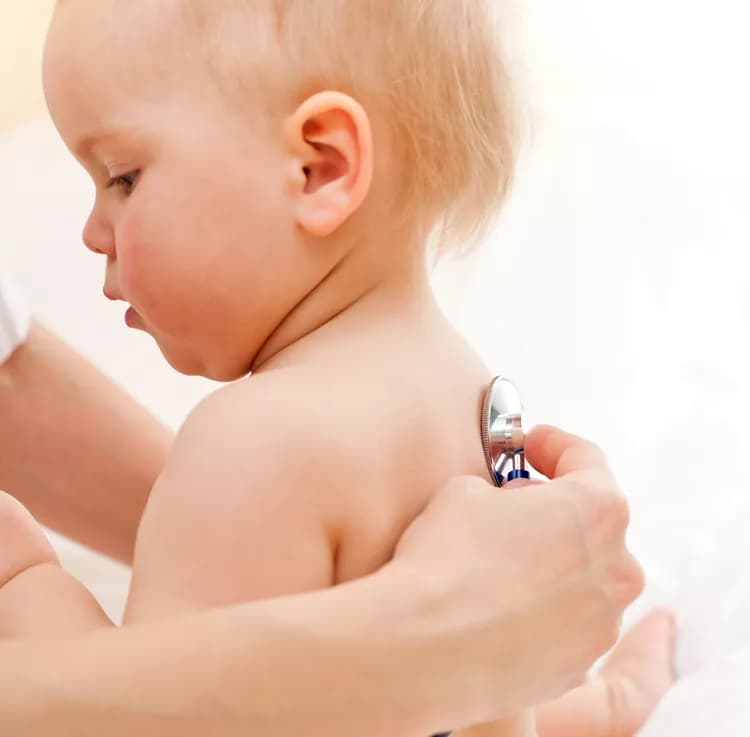Among the many important processes that happen during a woman's last few weeks of pregnancy is the transfer of calcium to the growing fetus to boost bone development. But what happens if this transfer is interrupted when a baby is born prematurely?
The answer, it seems, is lower peak bone mass as an adult, compared to adults who were born full term. Adults who were born full term but were small for their gestational age also had lower bone mass. These findings are important since peak bone mass is a major determinant of future osteoporosis.
"Few studies to date have addressed bone mass in adults who were born with low birth weight, and there are conflicting findings," said Chandima Balasuriya, the first author of the study. Balasuriya is a medical doctor and PhD candidate at the Norwegian University of Science and Technology (NTNU) and St Olavs University Hospital. "Our study shows that both those born prematurely with a very low birth weight and those who were born full term, but small for their gestational age, had lower bone mass than the control group, who were born full term with normal weights."
The study was conducted by the Endocrinology and Bone Group, headed by NTNU Professor Unni Syversen, and looked at 186 adults who were 26-28 years old.
Fifty-two of the participants were very low birth weight babies, with a mean birth weight of 1.2 kg, and a mean gestational age of 29 weeks. Another 59 participants had been born to term, but were considered "small for gestational age," with a mean birth weight of just under 3 kg. The researchers also had a control group of 77 adults who were born at term with normal weight.
For all three groups, researchers measured bone mineral content and density in the spine, neck, hip and the whole body, and looked at current height and weight, smoking, level of physical activity and a variety of other measures.
When the researchers looked at the data from adults who were born small for their gestational age at term, they found that this group had lower bone mass than adults who were born with normal weight at term.
But when the researchers corrected the bone mass measurement for the heights of this group, who tended to be shorter, they found that the low bone mass was partly due to their smaller body size. In contrast, body size alone did not account for the lower bone mass the researchers found in adults who had been pre-term babies.
The good news is that parents and doctors can put this information to use, by helping low-birth weight children build as much bone mass as possible as they grow and develop, through diet and exercise.
"Ensuring that children with low birth weights have a diet rich in calcium, vitamin D and protein, in combination with exercise that involves weight-bearing physical activities may help reduce risk of bone fractures later in life," Balasuriya said.
The above post is reprinted from materials provided by Norwegian University of Science and Technology. Note: Materials may be edited for content and length.
Disclaimer: DoveMed is not responsible for the adapted accuracy of news releases posted to DoveMed by contributing universities and institutions.
Primary Resource:
Balasuriya, C., Mosti, M. P., Evensen, K. A. I., Brubakk, A. M., Indredavik, M. S., Schei, B., ... & Syversen, U. (2016). Influence of prematurity and low birth weight on peak bone mass.
Related Articles
Test Your Knowledge
Asked by users
Related Centers
Related Specialties
Related Physicians
Related Procedures
Related Resources
Join DoveHubs
and connect with fellow professionals


0 Comments
Please log in to post a comment.